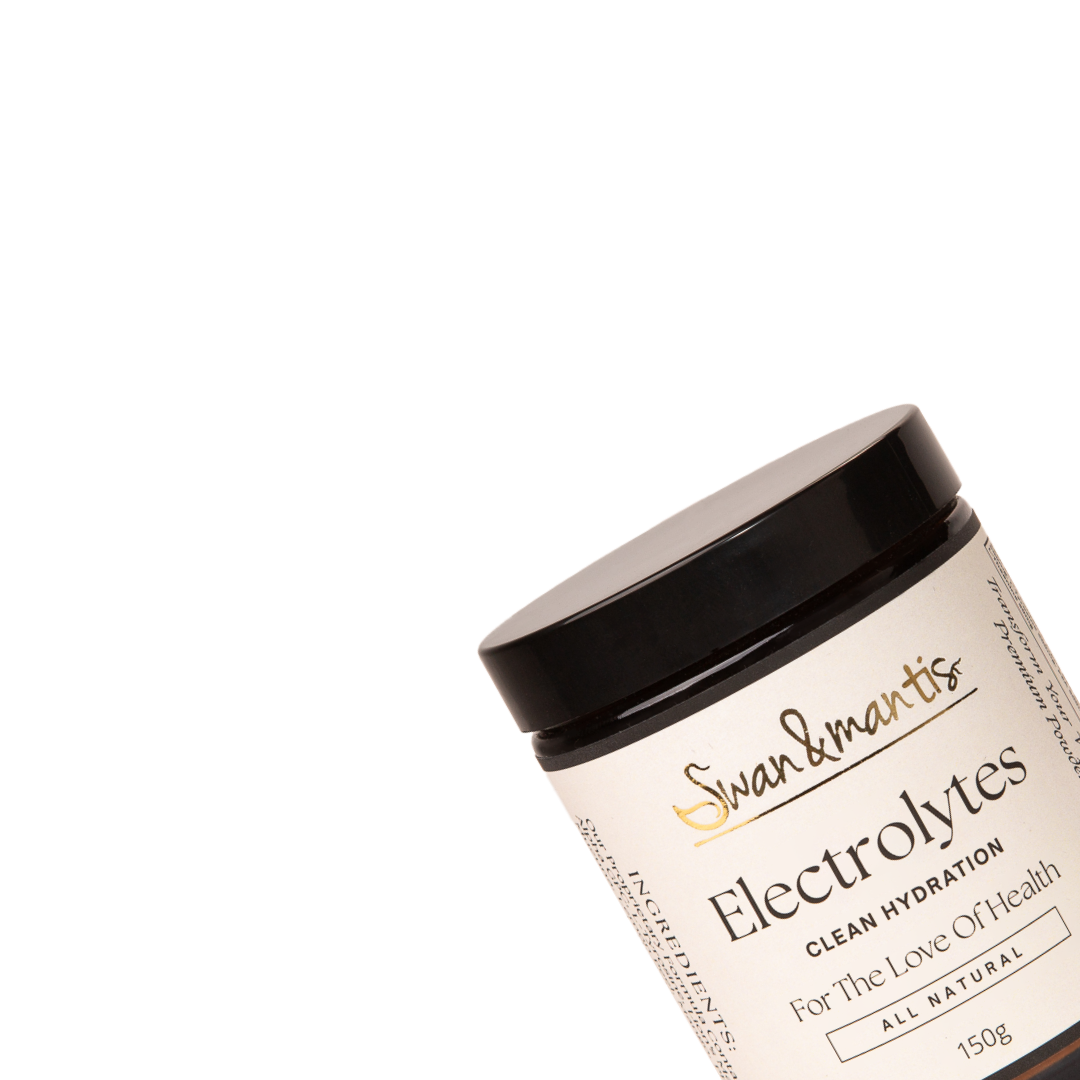Aspirin
Aspirin:
It's Dangerous Withdrawal, Cancer Link and Other Problems. By: Dr. William Wong, ND, PhD.
In the largest piece of “Spin” and “Cover Your Ass” since a former American president declared “I did not have sex with that woman”, the 69th annual convention of the American College of Chest Physicians in Orlando (Oct '03) heard of a study that found that there is such a thing as aspirin withdrawal and that this withdrawal can itself cause blood clots and heart attacks! Anyone, they declared who has been on the aspirin a day routine for over 3 months can suffer the withdrawal dangers, and usually within the first week of non aspirin use!
A aspirin a day has been touted for the last 2 decades or so as the way of avoiding heart attacks and blood clots that cause strokes. Yet the toxicity issue of aspirin has been put on the back burner due to “Cost to benefit Ratios” meaning that more folks benefit from the aspirin than die from it. Looks good on paper unless you're one of the victims of aspirin! In case folks out there need reminding, aspirin and the entire class of Cox1 and Cox 2 medications (the Non Steroidal anti Inflammatory Drugs) kill 20,000 Americans a year and hospitalize another 100,000 with kidney, liver and intestinal woes. (Wall Street Journal article on Celebrex, 19 April 1999).
Why do patients stop taking their aspirin a day? Well reasons like surgery, in case their blood gets too thin and the patient “bleeds out” (hemorrhages) which can kill. Likewise dental work while under aspirin can have the same effect of hemorrhage. More seriously patients are taken off of the aspirin because the aspirin is causing kidney damage leading to kidney failure and death, or liver toxicity again leading to liver failure and death, or is causing great big gaping holes in their intestines through which the patients hemorrhage, and also leads to death. It does not make sense to avoid death by heart attack and stroke by inducing death by kidney failure or intestinal hemorrhage.! Talk about killing Peter to save Paul!
Well the study presented at the conference by representatives of the Pasture Institute of France declared that once on aspirin patients should never go off of the drug. When going off of a medication comes back to bite you it's a rebound reaction or withdrawal reaction but no one at the conference spoke to that issue. So no matter what; surgery, hemorrhage, liver toxicity, kidney damage, liver failure - these brilliant docs, have decided the risk of having a heart attack outweighs all else!
In another piece of bad news for aspirin users, a study of 90,000 nurses over the course of 18 years found a connection between aspirin use and pancreatic cancer. This type of cancer is nearly always 100% fatal! The Times of London quoted the study: “Those who took two aspiring a day over a period of at least four years showed an 86% increased risk”. (1). A Reuters report on the same study said that the researchers found that aspirin use could have caused pancreatitis (inflammation of the pancreas) in those nurses who came down with the pancreatic cancer.(2). It's been known for years that aspirin is toxic to the liver; well the pancreas sits on the liver just to it's right. It stands to reason that if aspirin can harm and inflame the liver then it can harm and inflame the pancreas. Now here is where I get to conjecture a bit: if the prologued aspirin use can cause pancreatitis and pancreatic cancer, since that gland is also involved in making insulin and since all diabetic patients have pancreatitis to varying degrees, can part of the meteoric rise in Diabetes in the last 20 years be from daily aspirin use? Definitely a link there and definitely something to think about and research into!!!
Is there an alternative to the madness? You bet – systemic enzymes. Enzymes taken by mouth have an almost 50 year history of use in hospitals and physicians offices across Europe and Japan . Systemic enzymes have over 200 peer reviewed studies proving their absorption and therapeutic action.
Systemic enzymes:
- Are the bodies natural inflammation fighters.
- Eat Fibrosis, such as that caused by surgery, trauma or disease.
- Clean the blood.
- Modulate Immune Function.
- Fight Viruses.
What has this got to do with replacing aspirin? Well the enzymes safely:
- Decrease platelet aggregation, as aspirin does but gentler with out ever getting the blood too thin.
- Clean fibrin and necrotic debris which also float around the blood stream thickening it. Fibrin is the scar tissue that forms the skeleton work around which atherosclerotic plaque builds. Removing excesses of it is a good thing. Aspirin cannot do this valuable work.
Systemic enzymes bring you the anti-stroke and anti-heart attack actions of an aspirin a day, plus added benefits, with no rebound, no toxicity and absolute safety. You don't have to kill Peter to save Paul!
References:
1) Hawkes, Nigel: Regular Aspirin Use Linked to Cancer Cases, Times Online 9 Jan. 04 2) Fox, Maggi: Daily Aspirin Use Linked With Pancreatic Cancer, Reuters News Service 27 Nov. 03.


